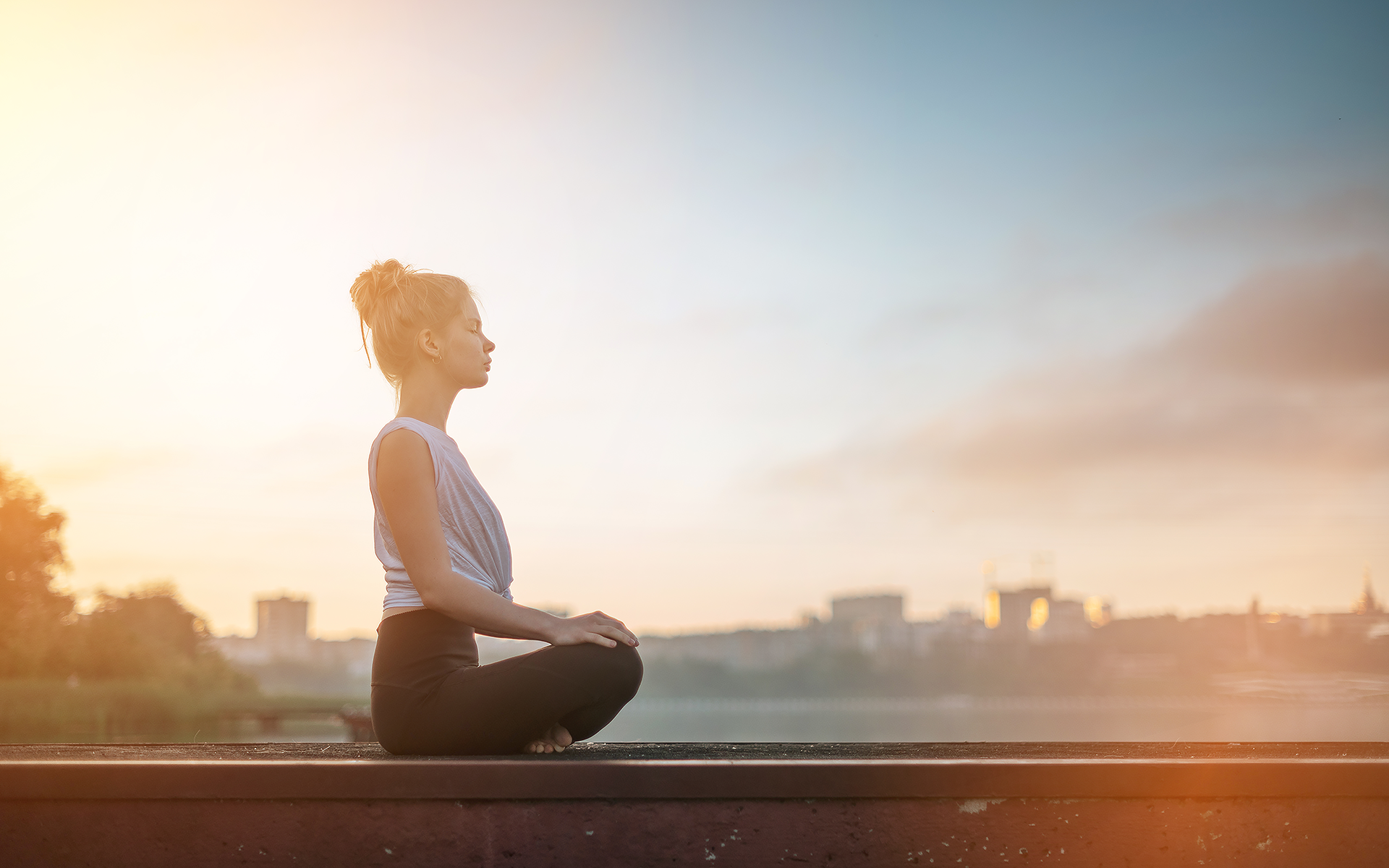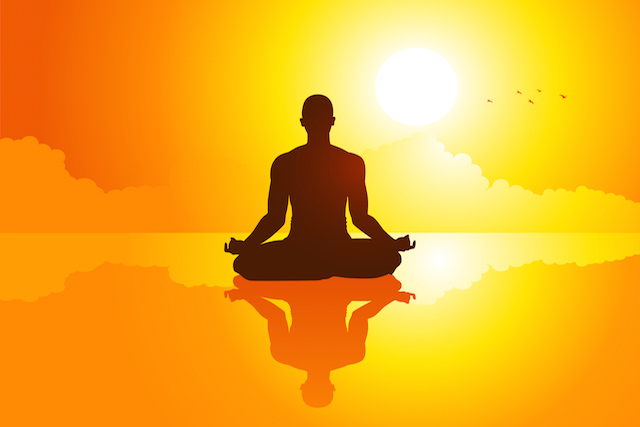Our basic interest e-newsletter keeps you approximately date on a wide range of health topics.
Sign up now Meditation: An easy, quick method to decrease stress
Meditation can wipe away the day's stress, bringing with it inner peace. See how you can easily learn to practice meditation whenever you require it most.
By Mayo Center Staff If stress has you anxious, tense and worried, consider trying meditation. Spending even a couple of minutes in meditation can restore your calm and inner peace.
Anybody can practice meditation. It's basic and low-cost, and it does not need any unique equipment. And you can practice meditation wherever you are-- whether you're out for a walk, riding the bus, waiting at the doctor's office or even in the middle of a tough company conference.
Comprehending meditation Meditation has actually been practiced for countless years. Meditation initially was suggested to assist deepen understanding of the sacred and mystical forces of life. These days, meditation is typically utilized for relaxation and tension decrease.
Meditation is thought about a kind of mind-body complementary medication. Meditation can produce a deep state of relaxation and a relaxing mind. Throughout meditation, you focus your attention and remove the stream of jumbled ideas that might be crowding your mind and triggering tension. This procedure might lead to boosted physical and psychological well-being.
Advantages of meditation Meditation can give you a sense of calm, peace and balance that can benefit both youremotional wellness and your total health.
And these advantages do not end when your meditation session ends. Meditation can assist bring you more calmly through your day and might assist you handle signs of particular medical conditions.
Meditation and emotional wellness When you meditate, you might eliminate the details overload that constructs up every day and adds to your tension.
The psychological advantages of meditation can consist of:
Meditation and health problem Meditation may likewise be helpful if you have a medical condition, especially one that might be intensified by tension. While a growing body of clinical research supports the health advantages of meditation, some scientists think it's not yet possible to reason about the possible advantages of meditation. With that in mind, some research study recommends that meditation might help people handle symptoms of conditions such as:
Make sure to speak with your health care service provider about the pros and cons of using meditation if you have any of these conditions or other illness.

In some cases, meditation can worsen symptoms related to particular mental and physical health conditions.
Meditation isn't a replacement for standard medical treatment. But it may be a helpful addition to your other treatment. Types of meditation
Meditation is an umbrella term for the many ways to a relaxed state of being. There are numerous kinds of meditation and relaxation strategies that have meditation components. All share the very same goal of attaining inner peace. Ways to meditate can include:
Guided meditation. Often called assisted images or visualization, with this technique of meditation you form mental images of places or situations you find relaxing.
You attempt to utilize as lots of senses as possible, such as smells, sights, noises and textures. You may be led through this process by a guide or teacher.
Mantra meditation. In this type of meditation, you calmly duplicate a calming word, thought or phrase to prevent disruptive ideas. Mindfulness meditation. This kind of meditation is based upon being mindful, or having an increased awareness and acceptance of living in today minute.
In mindfulness meditation, you expand your conscious awareness. You focus on what you experience during meditation, such as the circulation of your breath. You can observe your ideas and feelings, but let them pass without judgment. Qi gong. This practice normally combines meditation, relaxation, physical movement and breathing workouts to bring back and preserve balance. Qi gong (CHEE-gung) belongs to traditional Chinese medicine. Tai chi. This is a kind of mild Chinese martial arts. In tai chi (TIE-CHEE), you carry out a self-paced series of postures or movements in a slow, elegant way while practicing deep breathing.
Transcendental Meditation ®. Transcendental Meditation is an easy, natural method. In Transcendental Meditation, you silently repeat a personally appointed mantra, such as a word, noise or phrase, in a specific way. This kind of meditation might enable your body to settle into a state of profound rest and relaxation and your mind to achieve a state of inner peace, without requiring to utilize concentration or effort. Yoga. You perform a series of postures and controlled breathing workouts to promote a more versatile body and a calm mind. Continue reading As you move through positions that require balance and concentration, you're encouraged to focus less on your hectic day and more on the minute.

Different types of meditation might consist of different features to assist you practice meditation. These may vary depending upon whose assistance you follow or who's teaching a class. A few of the most common features in meditation consist of: Concentrated. Focusing your attention is typically one of the most crucial aspects of meditation.
Focusing your attention is what helps free your mind from the lots of interruptions that cause tension and worry. You can focus your attention on such things as a specific things, an image, a mantra, and even your breathing. Relaxed breathing. This technique includes deep, even-paced breathing utilizing the diaphragm muscle to expand your lungs. The function is to slow your breathing, take in more oxygen, and lower making use of shoulder, neck and upper chest muscles while breathing so that you breathe more efficiently. A peaceful setting. If you're a novice, practicing meditation may be easier if you remain in a peaceful spot with few diversions, including no television, radios or cellular phones.
As you get more proficient at meditation, you may be able to do it anywhere, specifically in high-stress circumstances where you benefit the most from meditation, such as a traffic jam, a demanding work conference or a long line at the grocery store. A comfy position. You can practice meditation whether you're sitting, resting, walking, or in other positions or activities. Just attempt to be comfortable so that you can get the most out of your meditation. Aim to keep excellent posture during meditation. Open attitude. Let ideas go through your mind without judgment.